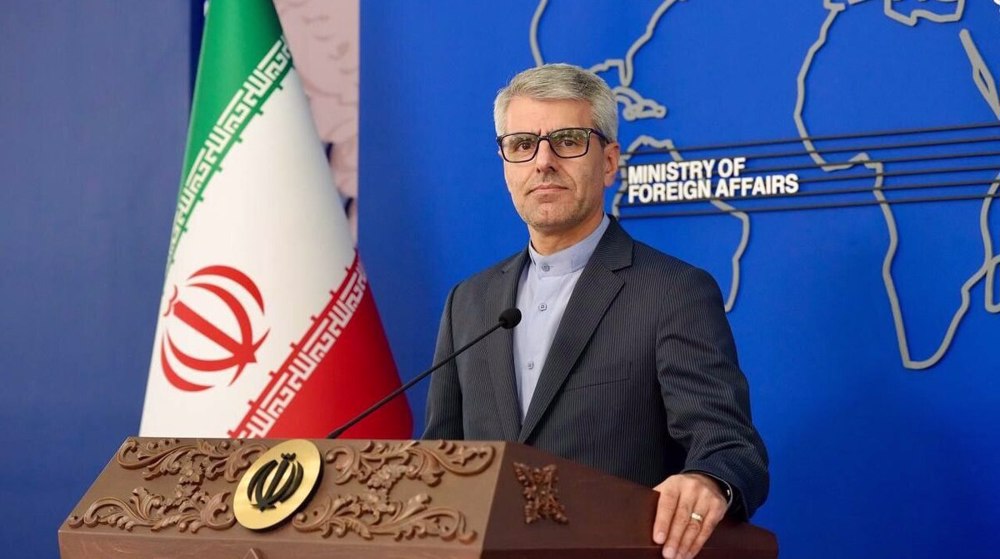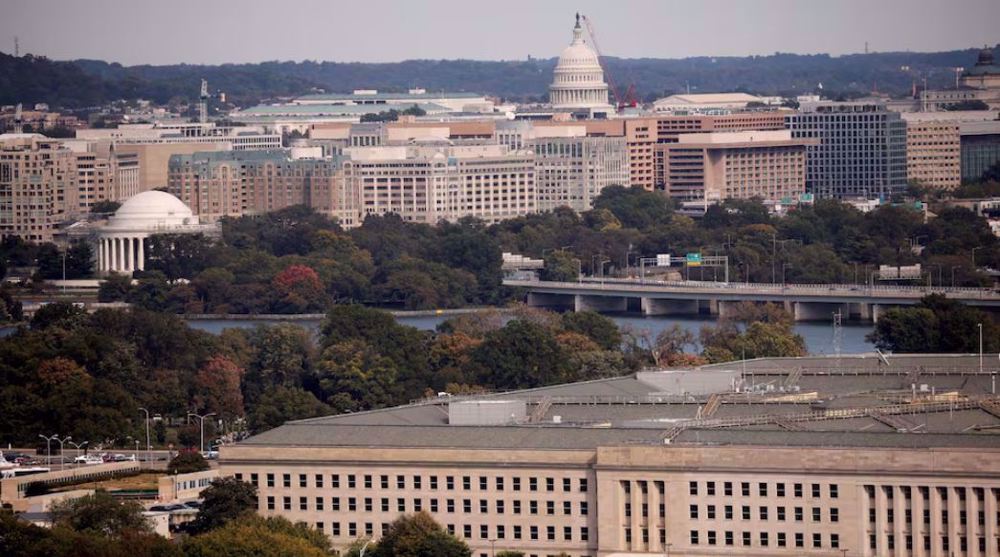Erdogan responsible for crisis in Turkey: Chomsky
Prominent US scholar Noam Chomsky has accused Turkish President Recep Tayyip Erdogan of having double standards on terrorism after Erdoğan accused him of ignorance and sympathizing with terrorists.
Hours after a bombing attack in Turkey’s largest city of Istanbul that killed 11 people on Tuesday, Erdogan directed a series of fierce criticisms at Chomsky and the “so-called intellectuals” who had signed a letter the month before, urging Ankara to end its siege of Kurdish towns and cities in the southeastern parts of the country.
Erdogan, who was delivering a televised speech to a conference of Turkish ambassadors in Ankara, invited Chomsky to visit the site of the attack.
In an email to the Guardian, Chomsky rejected the invitation. “If I decide to go to Turkey, it will not be on his invitation, but as frequently before at the invitation of the many courageous dissidents, including Kurds who have been under severe attack for many years.”

Chomsky, who is a renowned linguist, philosopher, cognitive scientist, and political activist, accused the Turkish president of hypocrisy and supporting extremism.
“Turkey blamed ISIL [for the attack on Istanbul], which Erdogan has been aiding in many ways, while also supporting the al-Nusra Front, which is hardly different. He then launched a tirade against those who condemn his crimes against Kurds – who happen to be the main ground force opposing ISIL in both Syria and Iraq. Is there any need for further comment,” the scholar argued.
In an open letter last month, Chomsky and hundreds of other scholars condemned Erdogan’s clamp down on the Kurdish opposition, holding him responsible for the current “crisis” in the country.
“The responsibility for the present self-inflicted crisis in the country must lie squarely with Erdogan,” the letter read.
“With the sieges imposed on their communities in the southeast, Turkey has effectively declared war on its own people. This current crisis is manufactured and totally unnecessary. It demonstrates once again that Erdogan is a deeply divisive force,” it added.
Since late July 2015, Turkey’s southeastern regions have witnessed a spike in violence amid heavy confrontations between army forces and the PKK, an outlawed group that have been fighting for an autonomous Kurdish region inside Turkey since the 1980s.
Ankara’s military has also been involved in an offensive against the Kurdish group in neighboring Iraq.

Iran warns ‘moving the goalposts’ could derail Tehran-Washington talks

Pentagon officials placed on leave over 'unauthorized' Yemen leaks

Harvard-Trump dispute deepens as US president threatens to remove tax exemption
Three days from freedom: 64th Palestinian abductee dies in Israeli captivity
IAEA should maintain neutrality in Tehran-Washington talks: Iran nuclear chief
VIDEO | Press TV's news headlines
Hamas: Israel tortures Palestinian abductees while we treat captives humanely
Israeli captive in Gaza holds Netanyahu responsible for continued captivity
Tehran rejects 'baseless' UK claims about links to criminal groups
Palestinian hospital chief ‘exhausted from torture’ in Israeli prison: Lawyer
Iran says IAEA can play ‘crucial’ role in resolving nuclear issue







 This makes it easy to access the Press TV website
This makes it easy to access the Press TV website